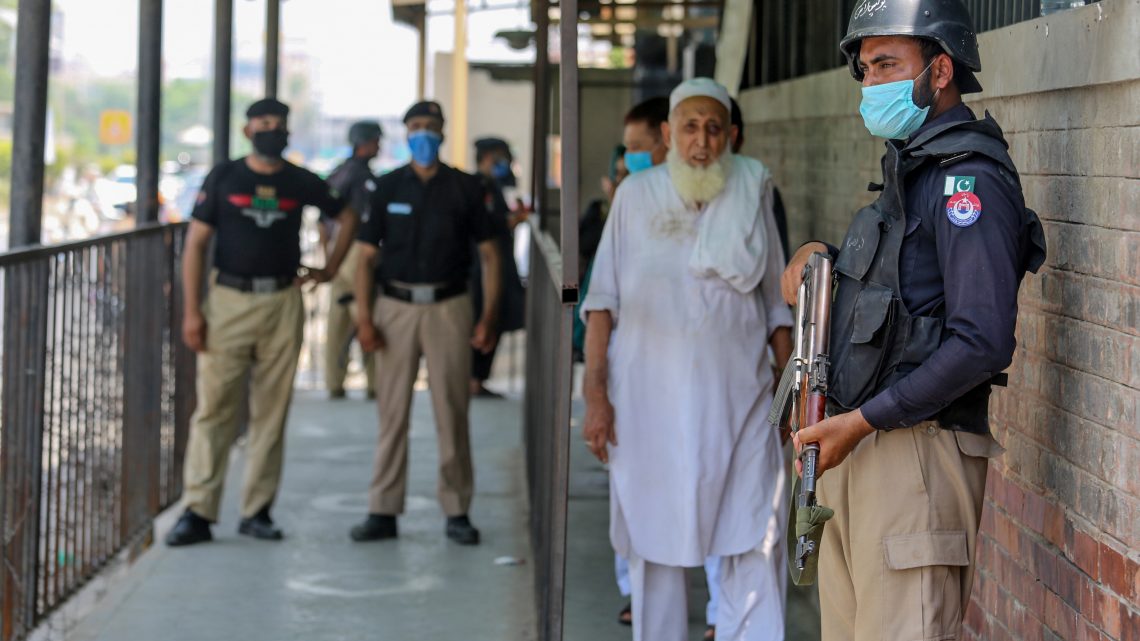
American Citizen Shot Dead in a Pakistan Courtroom After Being Accused of Blasphemy
July 31, 2020On the morning July 29, a man by the name of Tahir Ahmad Naseem entered a court in the northwestern Pakistani city of Peshawar. He was 47-year-old American citizen, accused of blasphemy. He was shot six times and died on the scene.
His attacker was arrested at the scene and immediately claimed responsibility. "The culprit accepts responsibility for killing him, and says that he killed him for having committed blasphemy," police official Ijaz Ahmed told Al Jazeera.
Blasphemy is legally punishable by death in Pakistan, although there are yet to be any official executions under law. There are regular reports of extrajudicial assassinations and mob violence.
Naseem was a member of the Ahmadiyya sect, a minority community barred from calling itself Islamic under Pakistani law. The group also faces religious persecution and discrimination. The country’s anti-blasphemy laws are known to disproportionately target Ahmadi Muslims.
The attacker, while being taken away, reportedly shouted that Naseem was “an enemy of Islam”. The Guardian reported that the alleged killer told the police that he was ordered to kill Naseem in a dream.
An Amnesty International report titled “As Good As Dead: The Impact of the Blasphemy Laws in Pakistan” found a pattern of serious abuse against those accused. It also highlighted the way the country’s laws allow people to persecute minority targets while the police stand aside.
“The laws have been used as a cover for perpetrators of mob violence,” stated the report. “A striking figure has been the disproportionate number of victims of such vigilantism being from religious minority groups.”
Naseem was first accused in 2018 by a madrassa student from Peshawar, Awais Malik. According to news reports, Naseem used to talk to him online when he was living in the US. In an interview with BBC, Malik said that he filed a police case against him after discussing his views on religion at a shopping mall in Peshawar.
A spokesman from the Ahmadi sect in Peshawar told the BBC that Naseem had left the sect and claimed to be a prophet. The community leader, who is not named in the report, suggested Naseem was mentally ill and had YouTube videos claiming to be a messiah.
Human rights bodies note that the blasphemy laws are a blatant violation of rights to life; freedom of thought, conscience, and religion or belief; and freedom of opinion and expression. “Individuals with mental disabilities are at particular risk of being accused of blasphemy,” stated the Amnesty report.
According to an Al Jazeera tally, at least 88 people have been murdered in Pakistan after being accused of blasphemy. In recent years, killings have included singers and teachers who have allegedly advocated “un-Islamic practices” —along with members of the Ahmedi sect.
Last week, the provincial government of Punjab banned 100 textbooks taught in private schools for carrying “blasphemous and anti-Pakistan” content. The ban included publishers like Oxford and Cambridge. The authorities said the banned books distorted facts about Pakistan and its creation.
Follow Pallavi Pundir on Twitter.


